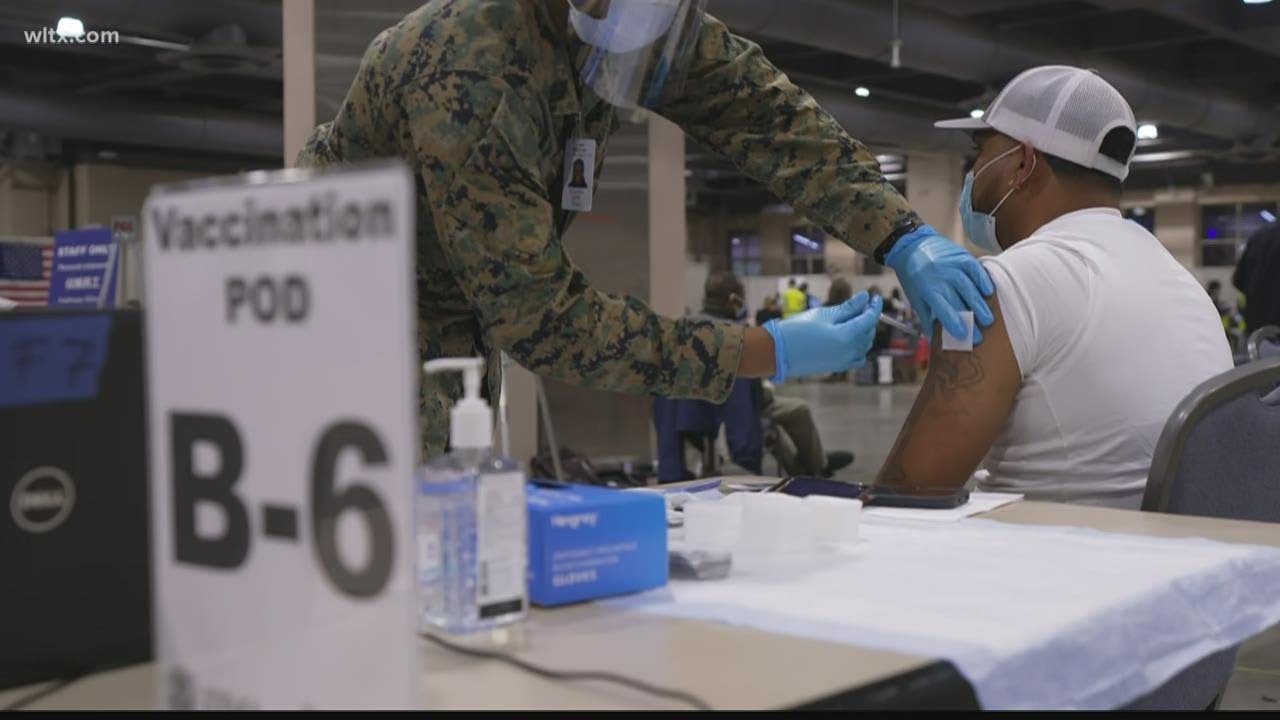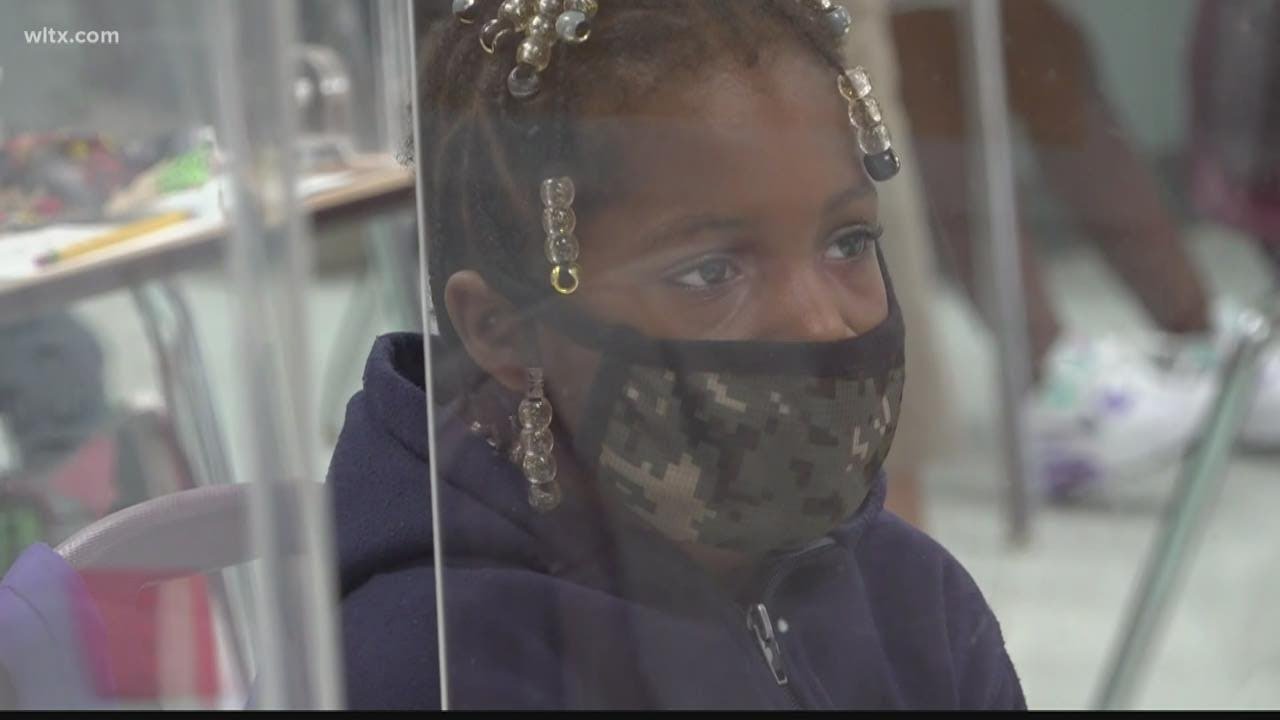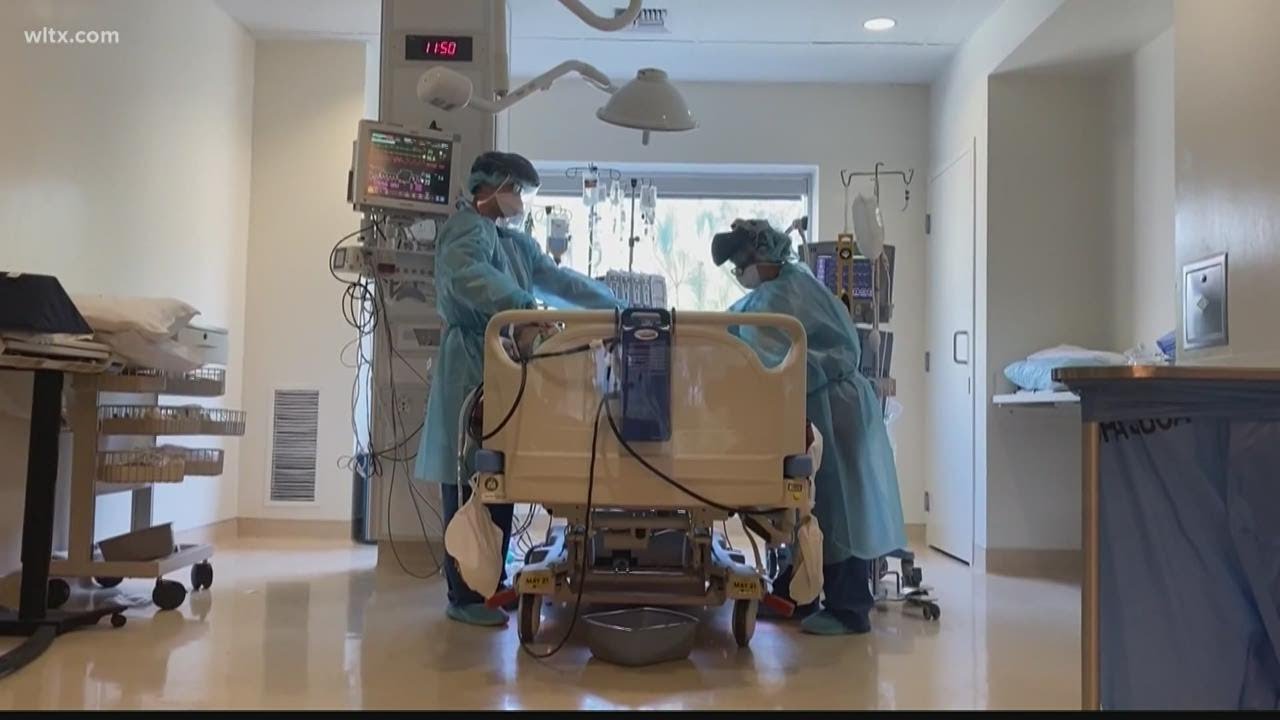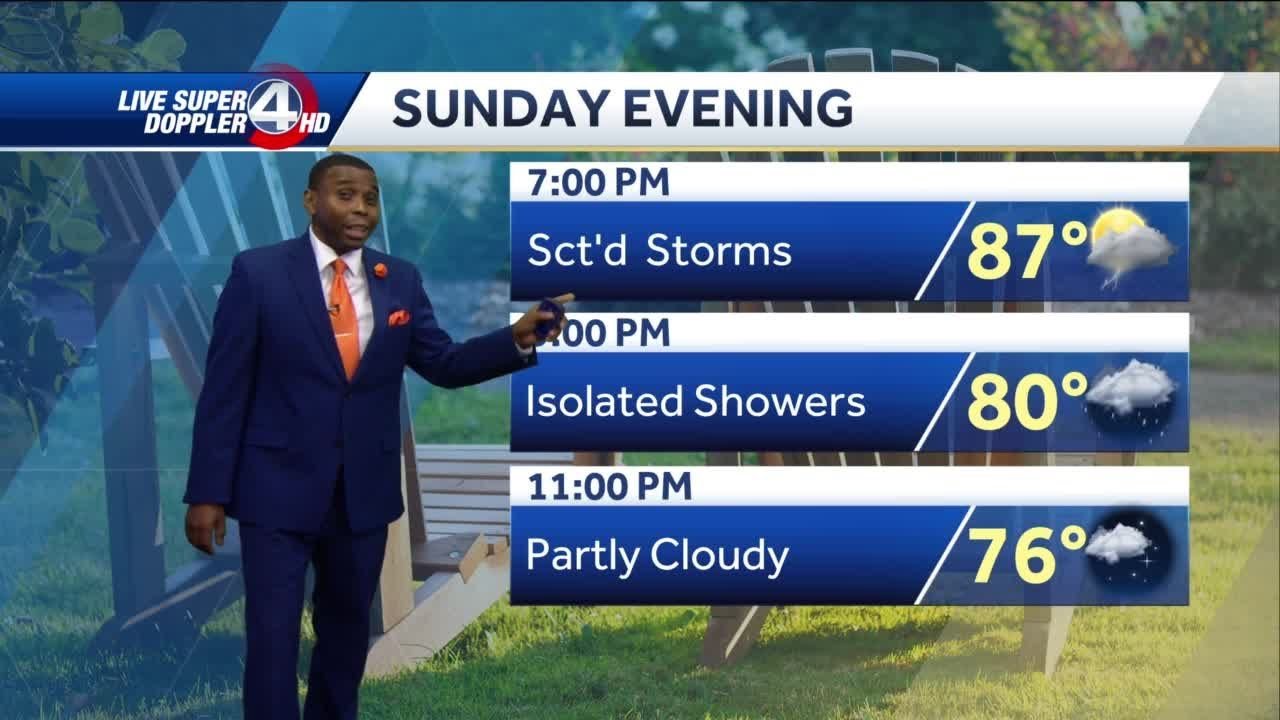
A Charleston County dog has been confirmed positive for SARS-CoV-2, the virus that causes COVID-19 in humans, according to Clemson University. Dr. Boyd Parr, state veterinarian and director of Clemson Livestock Poultry Health (LPH), said a private veterinarian decided to test the dog – an 8- or 9-year-old shepherd mix – for SARS-CoV-2 after one of its owners was confirmed to have COVID-19.Veterinary findings indicated the dog had a chronic health condition.(Video above: Airport dogs could sniff out coronavirus)The U.S. Department of Agriculture (USDA) National Veterinary Services Laboratories confirmed the virus in the dog on July 9. Clemson LPH and the S.C. Department of Health and Environmental Control (DHEC) continue to investigate this case with the USDA and the U.S. Centers for Disease Control and Prevention (CDC) to assure any information relevant to COVID-19 is documented.“Based on current knowledge, there continues to be no evidence that pets play a significant role in spreading SARS-CoV-2 to people,” Parr said. “It remains a good idea to restrict contact with your pets and other animals, just like you do with other people if you are infected with COVID-19 in order to protect them from exposure to the virus as recommended by the CDC.”The dog had to be euthanized due to his chronic condition, Parr said.This is the first confirmed animal detection of SARS-CoV-2 in South Carolina. A list of all confirmed cases in the United States, tracked by USDA, can be viewed here.Routine testing of animals is not recommended at this time. The CDC includes more information about testing animals on its website here.The decision to test an animal, including companion animals, livestock, and wild or zoo animals, should be made in consultation with and the approval of both appropriate state animal health and public health officials, according to the CDC.For more information about the virus in animals and recommendations for pet owners, click here. If you have questions about COVID-19, click here.
A Charleston County dog has been confirmed positive for SARS-CoV-2, the virus that causes COVID-19 in humans, according to Clemson University.
Dr. Boyd Parr, state veterinarian and director of Clemson Livestock Poultry Health (LPH), said a private veterinarian decided to test the dog – an 8- or 9-year-old shepherd mix – for SARS-CoV-2 after one of its owners was confirmed to have COVID-19.
Veterinary findings indicated the dog had a chronic health condition.
Advertisement
(Video above: Airport dogs could sniff out coronavirus)
The U.S. Department of Agriculture (USDA) National Veterinary Services Laboratories confirmed the virus in the dog on July 9.
Clemson LPH and the S.C. Department of Health and Environmental Control (DHEC) continue to investigate this case with the USDA and the U.S. Centers for Disease Control and Prevention (CDC) to assure any information relevant to COVID-19 is documented.
“Based on current knowledge, there continues to be no evidence that pets play a significant role in spreading SARS-CoV-2 to people,” Parr said. “It remains a good idea to restrict contact with your pets and other animals, just like you do with other people if you are infected with COVID-19 in order to protect them from exposure to the virus as recommended by the CDC.”
The dog had to be euthanized due to his chronic condition, Parr said.
This is the first confirmed animal detection of SARS-CoV-2 in South Carolina.
A list of all confirmed cases in the United States, tracked by USDA, can be viewed here.
Routine testing of animals is not recommended at this time.
The CDC includes more information about testing animals on its website here.
The decision to test an animal, including companion animals, livestock, and wild or zoo animals, should be made in consultation with and the approval of both appropriate state animal health and public health officials, according to the CDC.
For more information about the virus in animals and recommendations for pet owners, click here.
If you have questions about COVID-19, click here.











